Are you tired of restrictive diets that leave you feeling deprived and unsatisfied? Well, I have good news for you – the Mediterranean Rainbow Diet is here to revolutionize your approach to healthy eating! With its emphasis on colorful, nutrient-rich foods, this meal plan is delicious and incredibly beneficial for your overall well-being.
- What is the Mediterranean Rainbow Diet?
- Source & Credits:
The Mediterranean diet has been hailed as one of the healthiest diets in the world, with numerous studies linking it to a reduced risk of chronic diseases such as heart disease, diabetes, and certain types of cancer. But what sets the Mediterranean Rainbow Diet apart is its focus on incorporating various vibrant fruits, vegetables, whole grains, and lean proteins into your meals. By following this meal plan, you’ll nourish your body and delight your taste buds with a rainbow of flavors and textures.
In this article, I’ll provide you with a comprehensive Mediterranean Rainbow Diet meal plan to guide you through a week of delicious and nutritious meals. Get ready to embark on a culinary journey that will not only nourish your body but also bring joy and pleasure to your dining table.
What is the Mediterranean Rainbow Diet?
The Mediterranean rainbow diet is a dietary pattern inspired by the traditional eating habits of countries bordering the Mediterranean Sea, including Greece, Italy, Spain, and southern France. It is renowned for its potential health benefits and emphasis on whole, nutrient-dense foods.
What Are The Key Components Of This Diet?
Fruits and Vegetables: The foundation of the Mediterranean rainbow diet is a rich assortment of colorful fruits and vegetables. These provide essential vitamins, minerals, antioxidants, and fiber. Aim to fill half your plate with these foods.
Whole Grains: Whole grains, such as whole wheat, barley, quinoa, and brown rice, are preferred over refined grains. They offer sustained energy and fiber.
Legumes, including beans, lentils, and chickpeas, are excellent sources of plant-based protein, fiber, and various micronutrients.
Nuts and Seeds: Healthy fats, including monounsaturated fats and omega-3 fatty acids, are abundant in nuts (e.g., almonds, walnuts) and seeds (e.g., flaxseeds, chia seeds).
Olive Oil: Extra virgin olive oil is the primary source of dietary fat and is rich in monounsaturated fats and antioxidants.
Herbs and Spices: Flavoring dishes with herbs like basil, oregano, and thyme adds taste without excessive salt.
What Health Benefits Does It Offer?
Reduced Risk of Heart Disease: The Mediterranean diet is associated with a lower risk of heart disease due to its emphasis on healthy fats, fiber, and antioxidants. Olive oil, for instance, has been linked to improved heart health.
Improved Cognitive Function: Some studies suggest that the Mediterranean diet, mainly focusing on omega-3 fatty acids and antioxidants, may support brain health and reduce the risk of cognitive decline.
Weight Management: The diet encourages nutrient-dense foods that can help with weight management. High fiber content promotes satiety, reducing overeating.
Antioxidants: A vital component of the Mediterranean diet is a wide range of antioxidants from colorful fruits and vegetables. These compounds combat oxidative stress and inflammation.
Fiber: High fiber intake improves digestive health, improves blood sugar control, and reduces cholesterol levels.
The Rainbow Concept:
The “rainbow” in the Mediterranean rainbow diet represents various colors in fruits and vegetables. Different colors indicate the presence of multiple phytonutrients, vitamins, and minerals. Consuming a variety of colors ensures a broad spectrum of health benefits.
Can The Mediterranean Rainbow Diet Help With Weight Management?
Portion Sizes: Pay attention to portion sizes and avoid overeating. The Mediterranean diet is about balance, so moderation is key.
Food Groups: Daily intake should include plenty of fruits, vegetables, whole grains, and legumes. Fish and poultry can be included several times a week, while red meat and sweets are limited.
Healthy Fats: Prioritize sources of healthy fats like olive oil, avocados, and nuts. Limit saturated and trans fats.
How Does It Compare To Other Diets?
The Mediterranean diet, often hailed for its numerous health benefits, can be compared to other popular diets like the ketogenic diet, vegan diet, paleo diet, and low-carb diets.
Here, we’ll explore the pros and cons of the Mediterranean diet, specifically its “rainbow” variant which emphasizes a wide variety of colorful fruits and vegetables, against these alternatives.
Mediterranean Rainbow Diet
Pros:
- Diverse Nutrient Intake: Emphasizes a variety of fruits, vegetables, whole grains, nuts, seeds, and lean proteins, providing a wide range of essential nutrients.
- Heart Health: Rich in heart-healthy fats from olive oil, nuts, and fish. Studies have shown that it can reduce the risk of heart disease.
- Weight Management: High in fiber, which can aid in weight loss and maintenance.
- Reduced Risk of Chronic Diseases: Linked to a lower risk of diabetes, high blood pressure, and certain types of cancer.
- Sustainability: Focuses on whole foods and minimizes processed foods, supporting sustainable eating habits.
Cons:
- Moderate Cost: This diet can be more expensive than others due to its emphasis on fresh produce, fish, and olive oil.
- Requires Cooking and Meal Preparation: It may require more time and effort in the kitchen, as it emphasizes the preparation of fresh, home-cooked meals.
- Less Structured: Some individuals may find the lack of strict guidelines challenging for meal planning.
The Mediterranean Rainbow Diet vs the Ketogenic Diet: Which is More Effective for Weight Loss?
Pros:
- Rapid Weight Loss: A high-fat, low-carb approach can lead to quick weight loss.
- Blood Sugar Control: Can be beneficial for managing type 2 diabetes and blood sugar levels.
- Appetite Control: High-fat content can lead to increased satiety.
Cons:
- Nutritional Deficiencies: A restrictive nature can lead to deficiencies in essential nutrients found in fruits, grains, and vegetables.
- Difficult to Sustain: Many find the diet hard to follow long-term due to its restrictive nature.
- Risk of Heart Disease: A high intake of saturated fat could increase the risk of heart disease in some individuals.
Mediterranean Rainbow Diet vs Paleo Diet:
Pros:
- Eliminates Processed Foods: Focuses on whole foods, eliminating processed foods and added sugars.
- Rich in Protein and healthy fats, this can lead to improved satiety and muscle maintenance.
- May Improve Certain Health Markers: Some individuals report improvements in blood pressure, glucose tolerance, and blood lipids.
Cons:
- Excludes Whole Grains and Legumes: This can result in a deficiency in specific nutrients and beneficial fiber.
- Potentially High in Saturated Fats: Depending on the choice of meats, this dish may be high in saturated fats.
- Not Based on Scientific Consensus: The dietary restrictions are based more on philosophy than on contemporary nutritional science.
Vegan Diet
Pros:
- Animal Welfare and Environmental Benefits: Avoids animal products, promoting animal welfare and reducing environmental impact.
- Low in Saturated Fat and Cholesterol: This can promote heart health and lower the risk of heart disease.
- Weight Management: Often lower in calories and can be effective for weight loss and management.
Cons:
- Nutritional Deficiencies: Risk of deficiencies in vitamin B12, iron, calcium, omega-3 fatty acids, and protein if not carefully planned.
- May Rely on Processed Alternatives: Some vegan diets can become reliant on processed foods, which are high in sugar and low in nutrients.
- Challenging Food Choices: Eating out or finding variety in meals can be difficult, especially in areas where vegan options are limited.
Low-Carb Diets
Pros:
- Weight Loss: Effective for short-term weight loss.
- Blood Sugar Control: Beneficial for people with type 2 diabetes or metabolic syndrome.
- Appetite Control: Reduced carb intake can lead to decreased appetite.
Cons:
- May Lead to Nutrient Deficiencies: Limiting carbs can result in insufficient intake of essential nutrients found in fruits, vegetables, and whole grains.
- Can Increase Risk of Other Health Issues: Long-term adherence can lead to increased risk of cardiovascular diseases due to a potential rise in LDL cholesterol.
- Difficult to Maintain: Like the ketogenic diet, low-carb diets can be hard to sustain over the long term due to restrictive food choices.
Each diet has its unique set of benefits and drawbacks. The Mediterranean Rainbow diet stands out for its balance and variety, promoting overall health and sustainability. However, individual dietary needs and preferences vary, and what works best for one person might not be suitable for another.
- Are You Excited Of The Magic Of Filipino Food?
- Japanese Cuisine: A Great Feast of Colors and New Flavors
- The Faith and Incredible Ethiopian Coffee Ceremony: Love It!!
- Modern Vietnamese Cuisine: 5 Trends Shaping the Future of Food
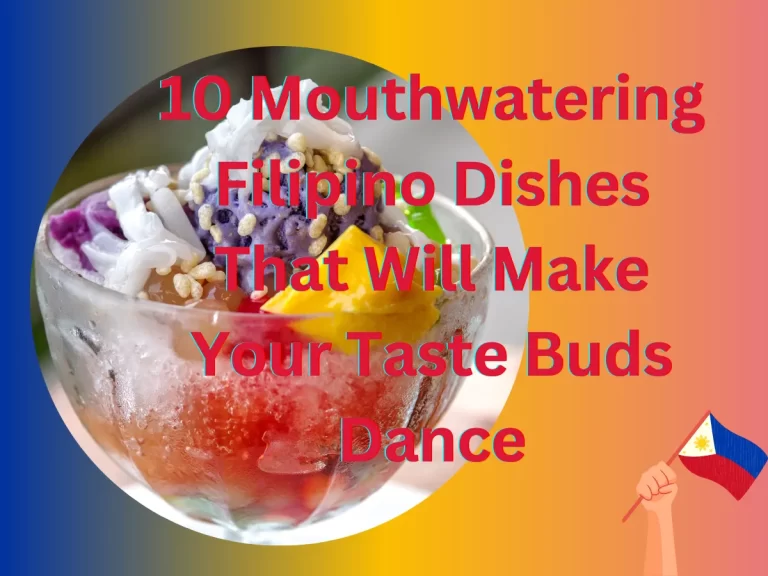
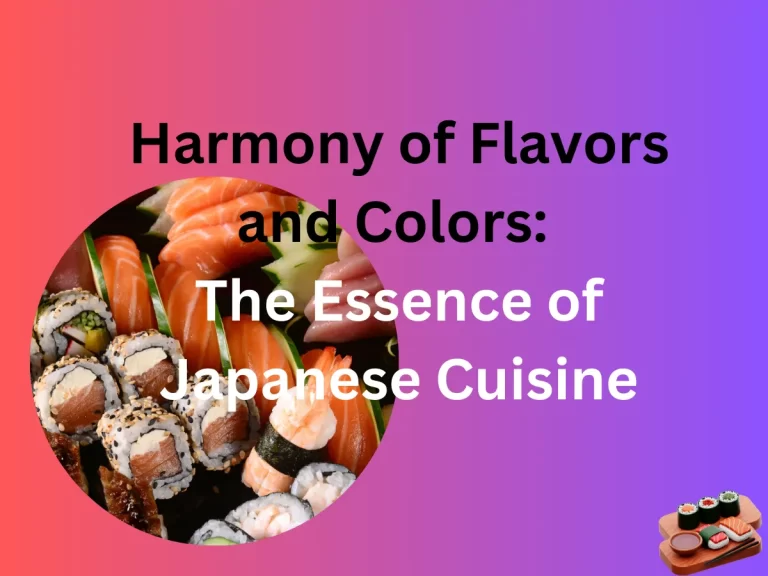


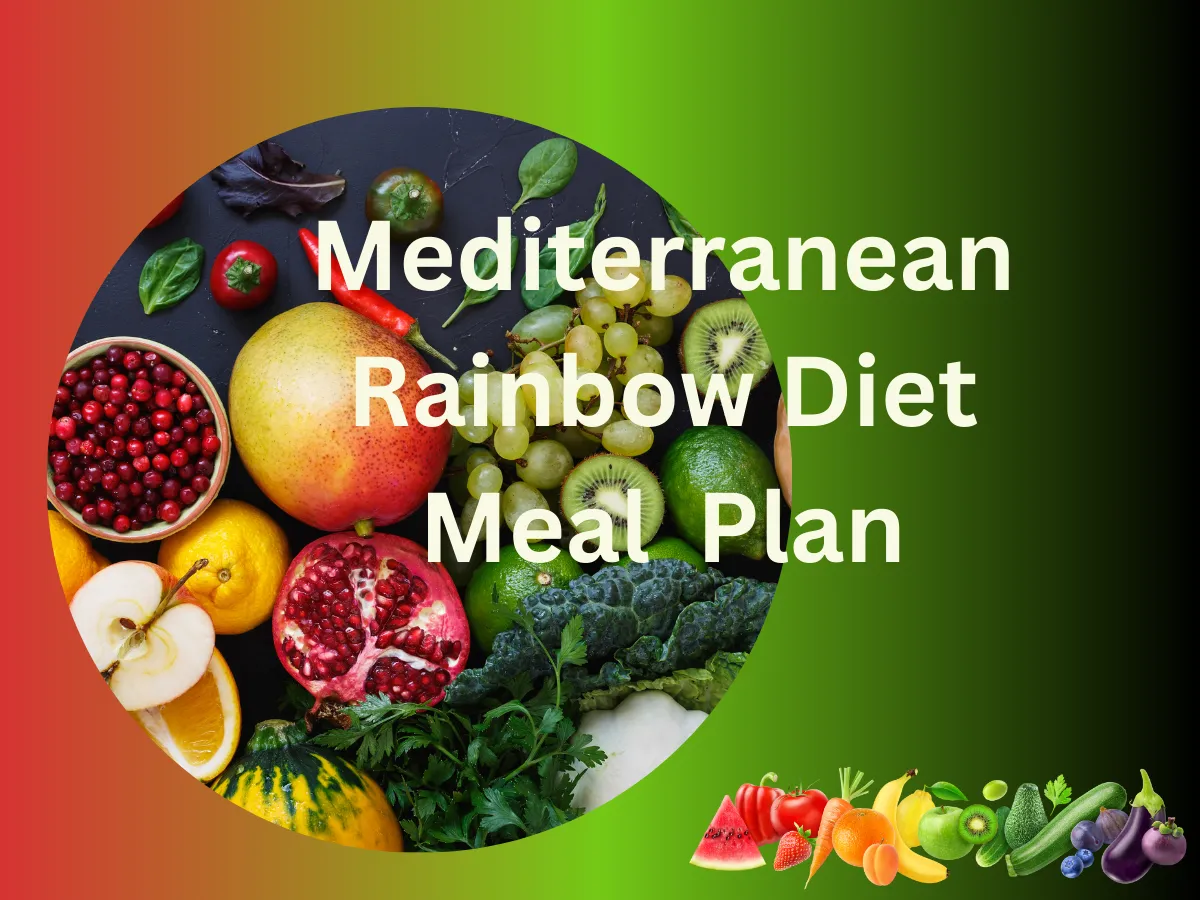
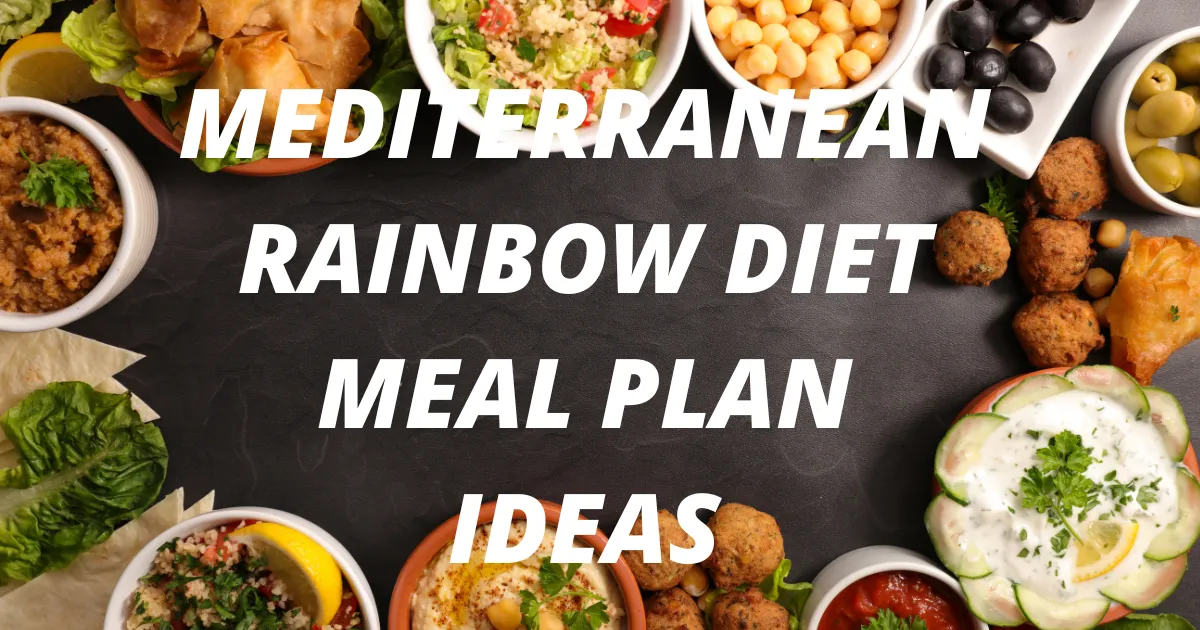
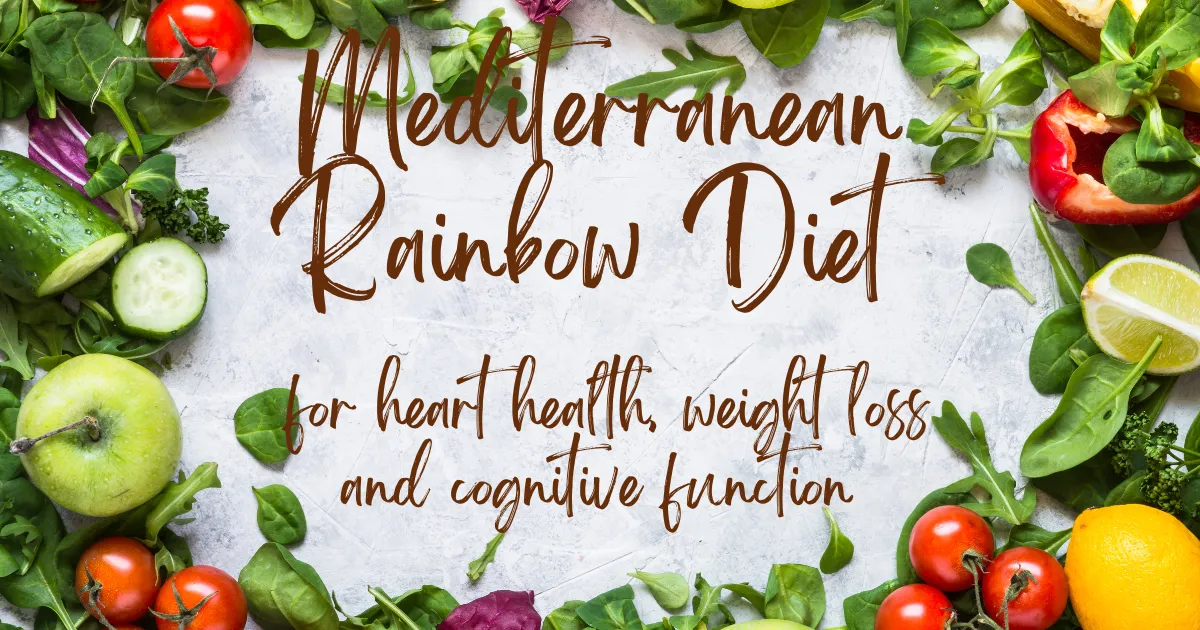

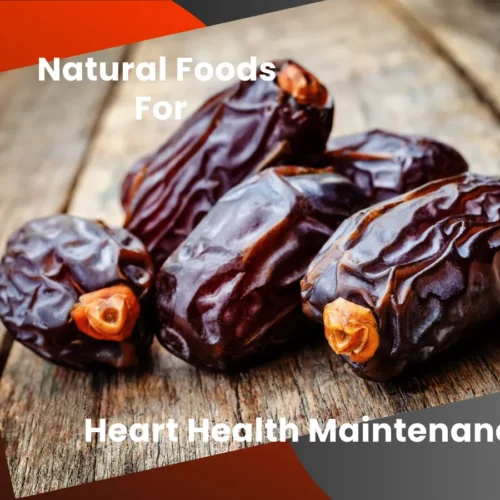

February 15, 2025 at 3:49 pm[…] Eat a balanced diet⊕ Stay hydrated✅ Manage stress⊕ Listen to your […]